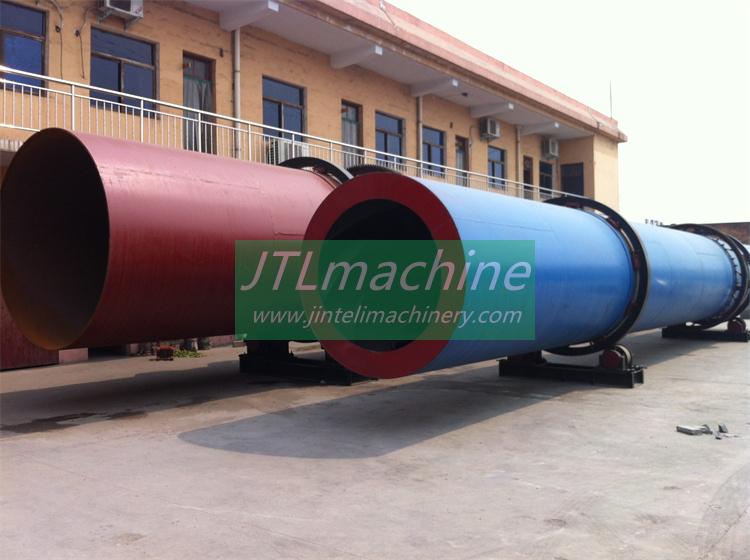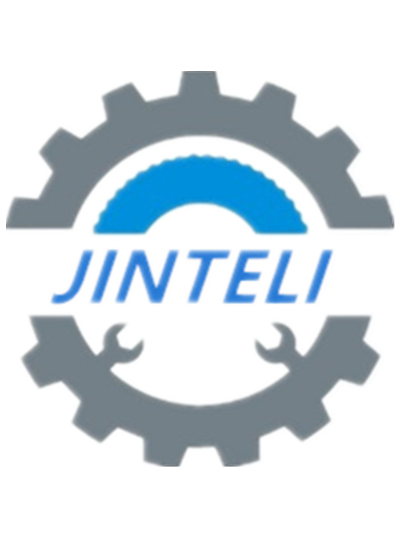Exploring the Efficiency of drying machinery, Drying Units, Kiln Turners, and Dehydraters in Industrial Applications
The industrial sector has always been a hotbed of innovation and technological advancement, and the realm of drying machinery, drying units, kiln turners, and dehydraters is no exception. These machines play a pivotal role in various industries, including food processing, pharmaceuticals, ceramics, and more. They are designed to remove moisture from materials, thereby enhancing their longevity, improving their quality, and facilitating their processing.
Drying machinery, for instance, is a broad term that encompasses a wide range of equipment used to dry different materials. These machines operate on the principle of evaporation, where heat is used to convert water in the material into vapor, which is then removed. The efficiency of drying machinery is often gauged by its ability to achieve the desired level of dryness in the shortest possible time, while consuming minimal energy. Innovations in this field have led to the development of machines with advanced features such as temperature control, humidity control, and automated operation, which significantly enhance their efficiency.
On the other hand, drying units are specialized machines designed for specific drying applications. They are typically larger and more powerful than standard drying machines, capable of handling large volumes of material. Drying units are often equipped with advanced features such as programmable logic controllers (PLCs) and sensors that monitor and control the drying process, ensuring optimal efficiency. These units are particularly useful in industries where large-scale drying is required, such as in the production of pharmaceuticals and food products.
Kiln turners, meanwhile, are used in the ceramics industry to dry and harden pottery and other ceramic products. These machines operate by rotating the kiln, allowing for even heat distribution and preventing the formation of hot spots that could damage the product. The efficiency of a kiln turner is determined by its ability to maintain a consistent temperature and rotation speed, which ensures uniform drying and hardening of the ceramic product. Modern kiln turners are equipped with digital controls that allow for precise temperature and rotation speed adjustments, enhancing their efficiency and reliability.
Lastly, dehydraters are used to remove water from food products, extending their shelf life and making them easier to store and transport. These machines work by circulating hot air around the food, evaporating the water content. The efficiency of a dehydrater is measured by its ability to remove water without affecting the taste, texture, or nutritional value of the food. Recent advancements in dehydrater technology have led to the development of machines with adjustable temperature and airflow settings, allowing for more precise control over the drying process.
In conclusion, drying machinery, drying units, kiln turners, and dehydraters play a crucial role in various industrial applications. Their efficiency is determined by their ability to achieve the desired level of dryness in the shortest possible time, while consuming minimal energy. Innovations in these machines have led to the development of advanced features that enhance their efficiency and reliability, making them indispensable tools in the industrial sector. As technology continues to evolve, we can expect to see even more efficient and versatile drying machines in the future.







